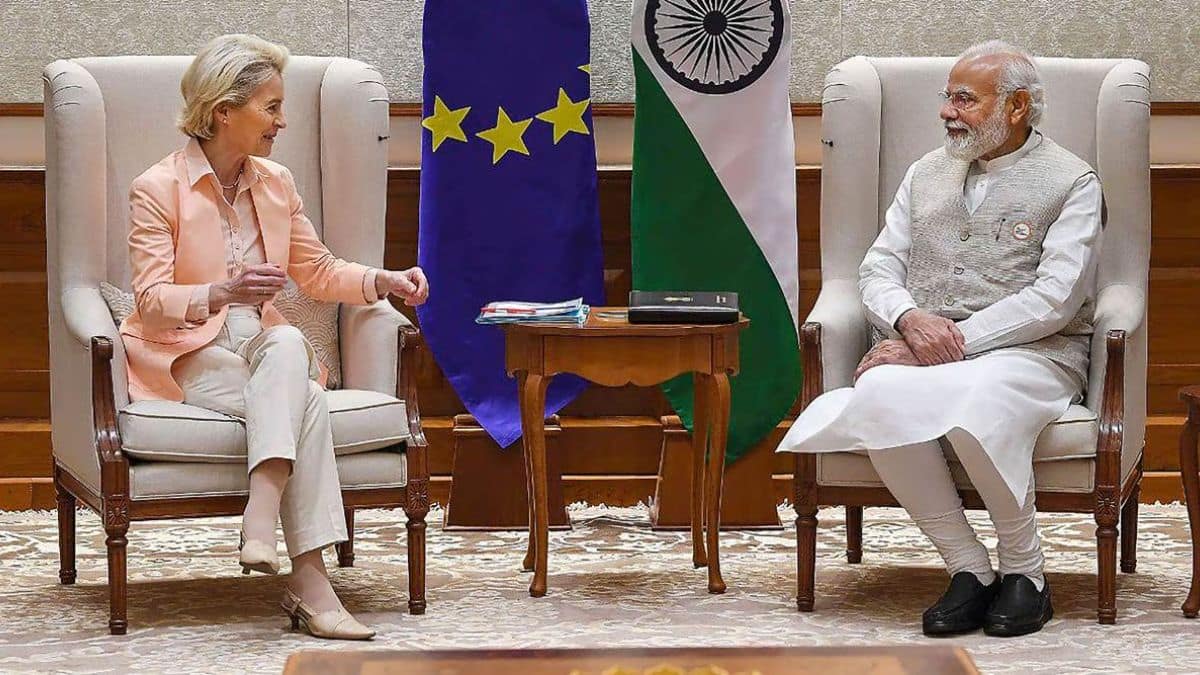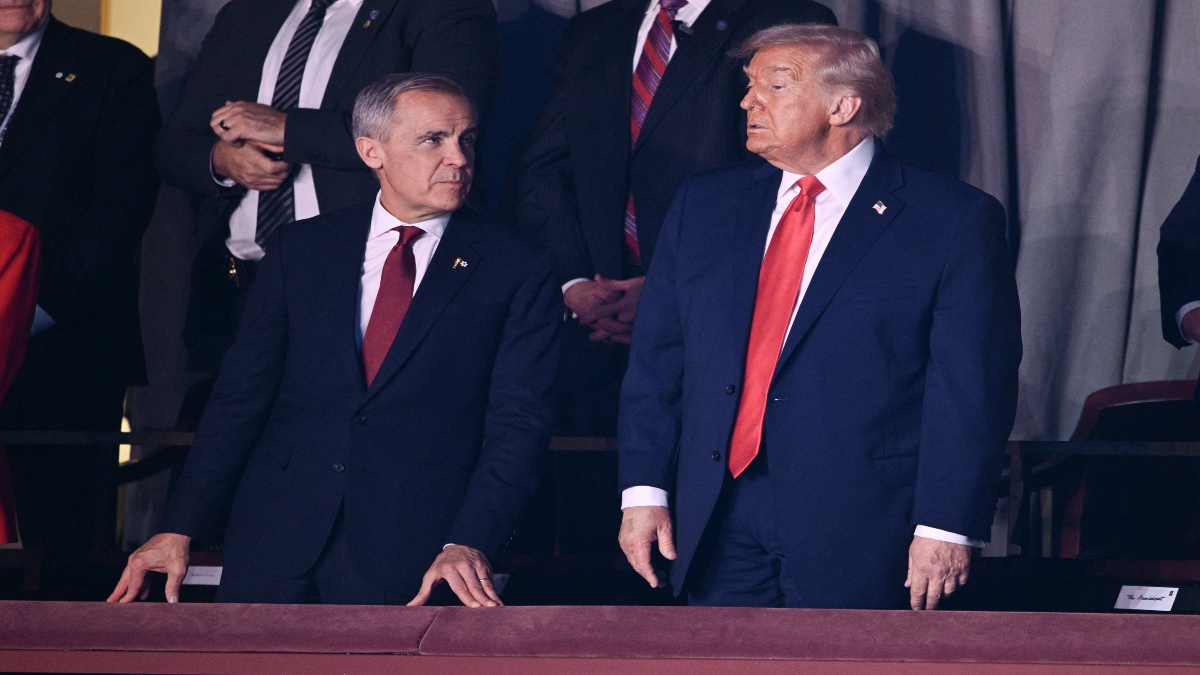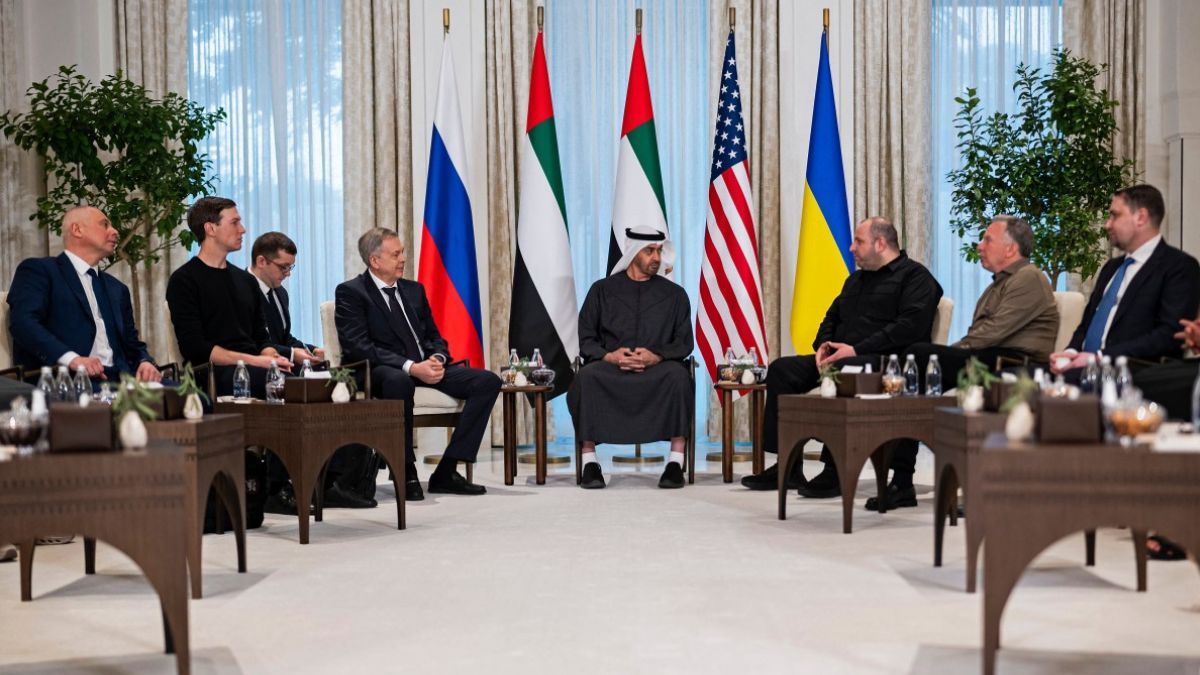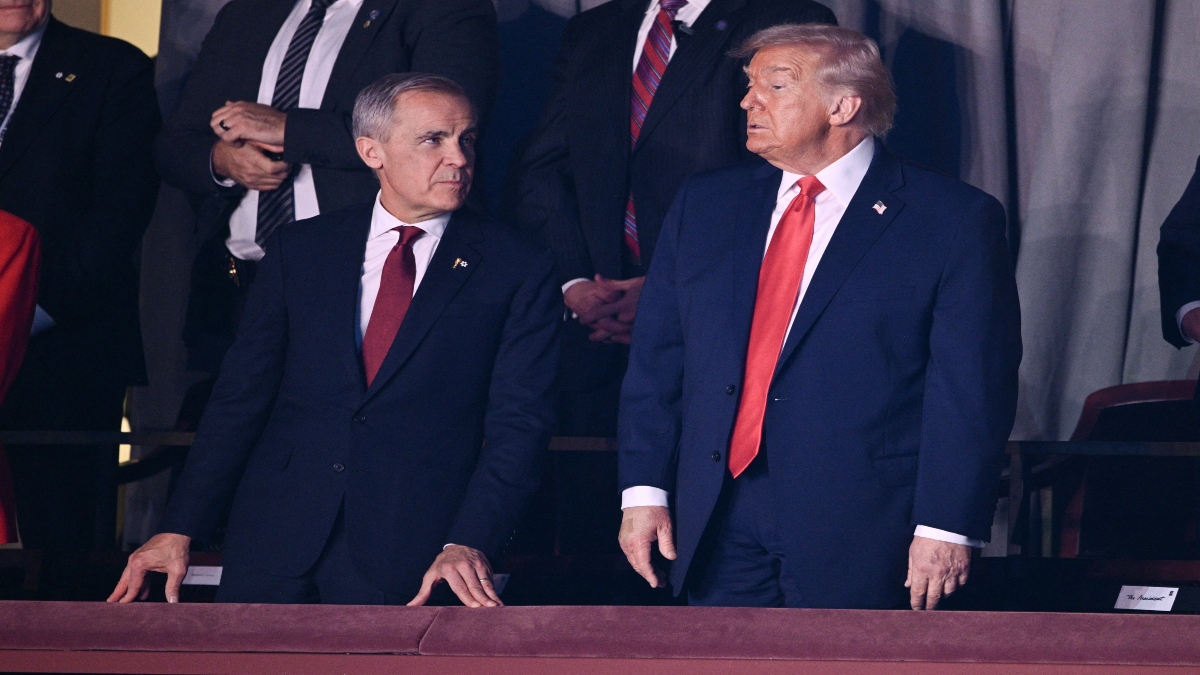Cost has been a significant barrier to treating rare diseases.
Certain rare diseases can have annual treatment costs of several lakhs or crores of rupees, making them unaffordable for the majority of Indian patients.
In response to this problem, the government identified 13 rare diseases, including sickle cell disease, for which Indian pharmaceutical companies have been asked to produce medicines as soon as possible.
The cost of these medications can be reduced by up to 100 times compared to their imported counterparts, reported NDTV.
Let’s take a look.
Made-in-India drugs for rare diseases
Eight drugs for six of these 13 diseases will shortly be on the market; the earliest will probably do so by March 2024.
On Friday, the Union Healthy Ministry announced that four of the eight medicines have received marketing approval and will hit the shelves “soon,” while the remaining four are awaiting regulatory clearance.
The six conditions include Gaucher’s disease, Wilson’s disease, Tyrosinemia type 1, Dravet/Lennox Gastaut syndrome, Phenylketonuria, and Hyperammonemia. Approval is pending for the last two medications.
Known as “low hanging fruits,” six of these diseases may only be treated with small molecule medications that are readily produced and no longer protected by patents. Gene therapy or enzyme replacement therapy—both of which are still patent-pending—is required for six additional priority conditions. For these medications, the government is developing a production-linked incentive scheme and is encouraging study into indigenous therapies for such conditions.
Quick Reads
View AllMajor drop in cost
According to Indian Express, the price of Eliglustat capsules used for treating Gaucher’s disease, which results in liver or spleen enlargement, bone pain and fatigue, in an adult has dropped from Rs 1.8 crore-Rs 3.6 crore a year to Rs 3-6 lakh.
The price of Trientine capsules for Wilson’s disease, which causes a copper deposit in the liver and psychiatric symptoms, has dropped from Rs 2.2 crore for a child of 10 kilos to Rs 2.2 lakh.
The imported Nitisinone capsules used for treating Tyrosinemia Type 1, which is a metabolic disorder in which the body lacks an enzyme necessary for the breakdown of amino acids, causing major liver illnesses, used to cost nearly Rs 2.2 crore annually for a child of 10 kilos. This has been brought down to nearly Rs 2.5 lakh a year by two Indian companies.
The oral Cannabidiol solution used to treat Dravet and Lennox-Gastaut syndrome, which causes complex seizure syndromes, has seen the lowest nine-fold price cut. The imported medicine costs about Rs 7 lakh-Rs 34 lakh per year for a child of 10 kilos, however, the Made-in-India version costs about Rs 1 lakh-Rs 5 lakh, the report said.
These medications are all off-patent, meaning they do not have exclusive marketing rights.
The health ministry is considering making them available to patients through its Jan Aushadi stores and centres of excellences that specialise in genetic research, in addition to selling them through manufacturers.
Sickle cell anaemia medicines also to be manufactured
Apart from rare diseases, the government has also pushed the pharmaceutical industry to develop an oral hydroxyurea solution for treating sickle cell disease in children under the age of five, as per Hindustan Times.
“While the capsule or tablet for hydroxyurea is readily available, an oral solution is not. The oral suspension costs about USD 840 or Rs 70,000 for a 100 ml bottle. Akums Drugs has already applied for an approval from the drug regulator and is likely to come into the market from March 2024 onwards. It will cost around Rs 405 a bottle,” said VK Paul, member (health), Niti Aayog.
Rare diseases in India
The term “rare disease” lacks a commonly agreed-upon definition.
Nonetheless, the World Health Organization (WHO) describes it as a condition with a prevalence of one or fewer per 1,000 people that is often crippling and lifelong.
The Indian Council of Medical Research (ICMR) reports that there is hardly one instance every 2,500 persons.
It is believed that six per cent to eight per cent of the population suffers from a rare disease, which means that 8.4 crore to 10 crore Indians are affected. These conditions have no available treatments and therapies are quite expensive.
With inputs from agencies


)

)
)
)
)
)
)
)
)



